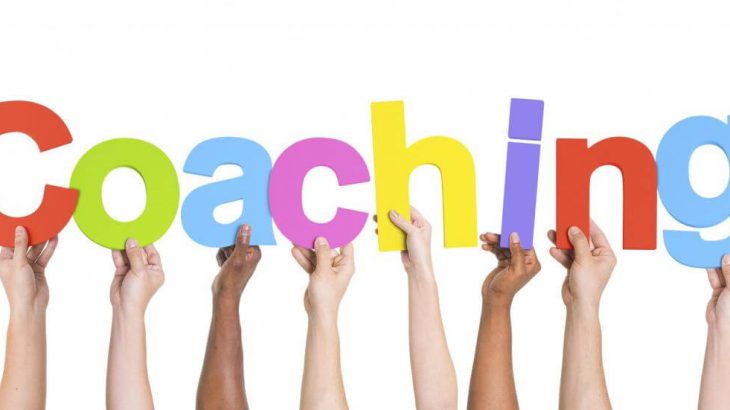Coaching is in fashion and depending upon your need; you may select the type of coaching that is needed to sharpen your edge. The primary task of the coach is to ensure ongoing improvement in your ability to respond to future events. Most of the organisations are now offering one or other kind of coaching and its good to know which one is best suited for you.
Different types of coaching
While there are many variants in coaching and experts are divided too in their opinion too, we can broadly classify it in three buckets of skill coaching, performance coaching, and developmental coaching.
The end goals of skills coaching are to develop competencies in an individual. While the performance coaching aims to sharpen more general applied capabilities in a particular professional role. These two types of coaching are offered internally by the organisation, mostly by the manager as a coach or by an internal resource.
Developmental coaching, in contrast, is focused on your long-term development as a whole, with an aim to increase your broader human capacities. It is geared towards equipping you to make a smooth transition to a higher level of functioning. Developmental coaching requires a more substantial skill than the first two and is usually done by external parties.
Understanding developmental coaching?
The term developmental coaching is an umbrella term for coaching that aims to help individuals at different periods during their lifespan. Potential clients for developmental coaching would include those who have problems with their management style but are managing to keep their jobs. At times, they may be highly successful too, but with serious flaws in management style, for example poorly controlled anger. Theories and techniques developed in clinical psychology and psychodynamic therapy are used in this mode of coaching mode. So in a nutshell development coaching can be summarised in following pointers.
- It is holistic – addresses the whole person rather than only work-related goals.
- It addresses longstanding behaviour problems.
- It is for working through transitions during the lifespan.
- It aims to increase the broader human capacities of clients.
- A coach is a “thought partner” who assumes a non-directive approach.
- It is a more suitable approach for a better-trained external coach rather than for a manager as a coach or an internal coach.
How to be ready for developmental coaching?
To completely benefit from developmental coaching, it is important to understand the concept of organic change. The organic change is one that is fully grounded in your whole psyche and is not just “a head” change.
In some way, it is a change that is already underway subconsciously and may not always be registered by you. This shift is associated with your natural needs and requirements of the situation. Non-organic change, on the other hand, is generated by the coachee and is based on conscious desires rather than the needs of your whole psyche. When the change is not organic, your may face resistance, regular setbacks or breaks in the coaching relationship, which could be avoided if your working on the change that is organic in nature.
Your inner self is the core of the organic change, implying that a new mini-self is getting ready to be formed to satisfy a need that is important to you. That is why there is a natural energy behind it. Good examples of such change are when people start new jobs or roles and adapt to changing demands without any effort.
What does success look like?
After successful development coaching, you will build the capacity to take ownership of the past, withstand anxiety about what the future holds, and build relationships with others without losing the sense of who they are. Your life and career choices may be constructive or destructive, but you would have made them according to their criteria that can be rationally explained.








